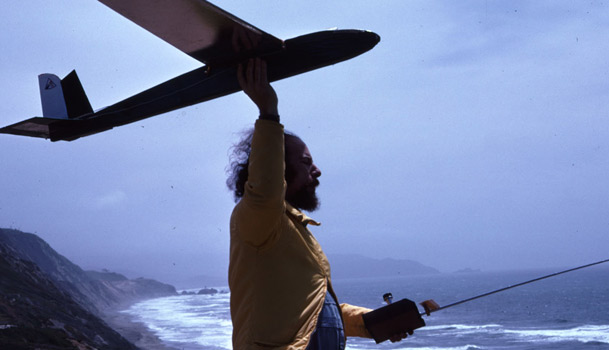Some thoughts have a way of making a home inside your mind, refusing to leave. It can be an idea that's keeping you awake, a face or a fleeting expression you caught during a ride, something you read or a movie you recently watched. It reverberates at the back of your mind over and over even when you're not consciously thinking about it. You may be doing the most mundane things when you suddenly become aware of the face or the voice at the back of your mind that's trying to make itself seen or heard.
Three days ago, I watched a
few trailers of the documentary,
The Corporation. Among them was this
little clip [2.67 mb Real Media] in which
Noam Chomsky talks about understanding the corporation. His following words have been echoing in my mind ever since.
When you look at a corporation, just like when you look at a... slave owner -- you wanna distinguish between the institution and the individual.
So... slavery for example, or... other forms of tyranny are inherently monstrous. But the individuals participating in them may be the nicest guys you can imagine. Benevolent, friendly, nice to the children, even nice to their slaves, caring about other people. As individuals they may be anything. In their institutional rule, they're monstrous because the institution is monstrous.
The conclusiveness of the rejection shook me up a bit because it challenges my world view. Ever since I was a kid I've always refused to believe that one must employ evil ways to earn a lot of money. I believe that businesses can be good and profitable at the same time. This is at the centre of my respect (read awe) for Google because they have shown it to be true in so many ways. One can imagine this to have larger implications on American businesses in the long run but that's another post.
I've never read Chomsky. I did look up his books once after I read Arundhati Roy so strongly recommended him ("read Chomsky, read Chomsky") in
one of her essays (I've read almost all of
those). Most of Chomsky's work however, is on U.S. foreign policy and media. I don't have more than passing interest in either subject at this time. So, I'm not sure which of his books to pick up to get his extended thoughts on the corporation or capitalism, a term
he dislikes.
I did hear his thoughts on media though. A search for Chomsky's videos led me to
this wonderful resource where the first documentary is "The Propaganda Model of News." It's eye opening. You can watch CNN all your life and believe it to be the complete picture. But as Chomsky says in the beginning of the film, "If you wanna understand the way some system works, you look at its institutional structure -- how is it organised, how is it controlled, how is it funded and so on." The rest of the documentary erodes the myth of the liberal media.
I'm usually the last person to believe in conspiracy theories but after you sit through the hour long documentary, there remains little scope to deny the vast evidence presented. The popular media, it argues, is greatly influenced by five main filters - ownership, advertising, newsmakers, newsshapers and flak from pressure groups. This led me to think about whether technology such as Google News' algorithms that decide what gets published can solve this problem in the future. Also, whether a more conscientious owner and relevant advertising would make a difference.
I'll be picking up
Manufacturing Consent from my library this week. I think I'm ready for Chomsky now.



 That's Mark Jen on left. Mark is the blogger who got
That's Mark Jen on left. Mark is the blogger who got  Meet Joe Kraus. Over at
Meet Joe Kraus. Over at